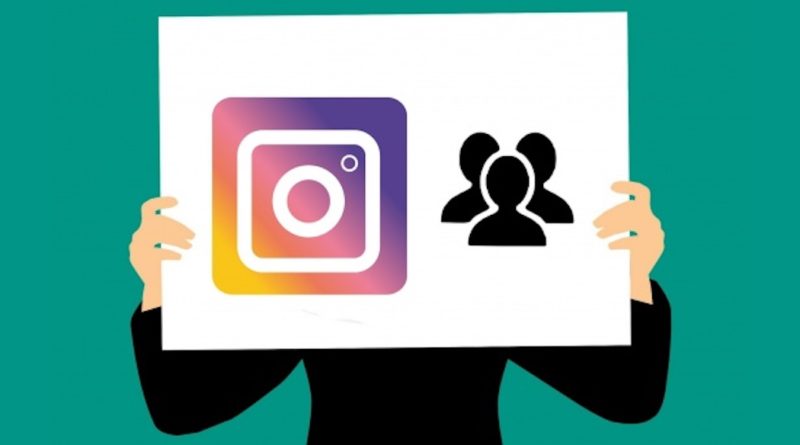OPINION: Disliking the Like-less Instagram
Cover photo from Public Domain Pictures
Zoe Hill
Opinions Staff Writer
For most people, when you take a particularly good selfie or a group picture after an outing, the go-to is to post it directly to Instagram. The picture was taken solely to be posted, and having a keepsake for reminiscing is just an added bonus. The motivation here is to gain attention—to gain likes.
Before the creation of Instagram, the “like” was created on Facebook and then slowly overtook Twitter’s “favorite” button years later. When Instagram was created, liking photos was seemingly its biggest feature, aside from it being the only competing photography social media at the time. Instagram was new and exciting, but the like button added back the familiarity of Facebook. The like feature established a precedent for what the public wanted from a social media platform.
When Facebook bought out Instagram for $1 billion and began making it marketable and profitable, the app seemed to only get better. That is until last fall when Instagram began a targeted roll out of a new feature.
Ride or die Instagram users like myself have roughed the storms of Instagram’s unending updates since the beginning of its creation. Such changes include the complete stylistic overhaul, which gave users the current design interface, Instagram dark mode that coincides with Apple’s IOS 13 update, and the switch from a chronological feed to the new industry-standard algorithmic feeds. With each change, I skeptically used each feature (except dark mode, I have been waiting years for that one) and eventually either got used to it or began to like it. That was until last November.
I had seen a few articles in the fall reporting on Instagram’s limited release of a hidden likes system, but the feature would only be tested in select countries, starting in Canada. Imagine my surprise when I could no longer see the number of likes on any account that was not my own. I have just recently learned that this feature implementation is not a universal rollout, which I had assumed it was considering that I do not live in Canada. When I mentioned that I was going to write this article, my roommate confusingly showed me her Instagram feed, which numerated likes on each post.
Part of the reason that I and many others dislike the new feature is solely because it is something different. We have become too comfortable with the like system that we are essentially dependent on it. Our like addiction is the issue that Instagram is attempting to combat with this rollout. When a user first comes across this update, they are prompted with this message from Instagram: “We want your followers to focus on what you share, not how many likes your posts get.” Instagram is working to alleviate the desire for more likes and focus on the content that is being uploaded to the app daily.
They also reportedly made the switch in order to limit social media addiction and improve the mental health of users. And while that is an important issue, Facebook itself made Instagram into the behemoth that it is when it made the app a breeding ground for marketing and advertising. Influencers who promote goods and services through the platform look to metrics such as likes to earn a commission. While the influencers themselves will be able to see their own analytics privately, influencers and brands may still see a decline in revenue due to decreased user interactivity.
Personally, I interact with a post when I see that it has met a certain threshold of likes. To me, likes determine success, and if I cannot see how many others have also bought into Kylie Jenner’s new sponsorship, I am unlikely to buy in myself. Additionally, user interactivity has been a staple feature for many accounts and posts. A whole genre of memes and posts rely on you to acknowledge what number like you are in order to interact with or answer the post.
While I am almost positive that my social media addiction is driving my distaste for Instagram’s latest prototype, I am unsure of what the long term effects of eradicating the like system could be for the platform. Instagram has always been a trendsetter in the social media market, so I would not be surprised if Twitter and Facebook shifted towards a non-metric, content-based system as well. But as with all the updates that came before, I will continue to use the platform despite seeing likes, and my only hope is that Instagram’s mental health initiative spans out to reduce social media addiction.
For more opinion pieces like Flyer News on Facebook and follow us on Twitter (@FlyerNews) and Instagram (@flyernews)

